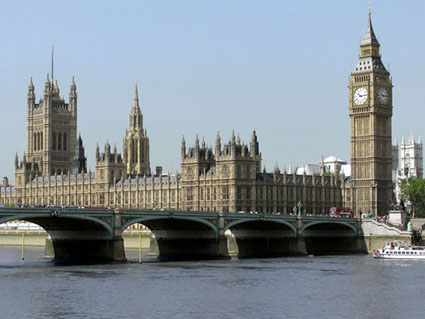-
62
Views -
0
Favorites
-
-
-
-
-
The Royal Albert Hall is a concert hall situated in the South Kensington area of the Royal Borough of Kensington and Chelsea, London, England, best known for holding the annual summer Proms concerts since 1941.
The Royal Albert Hall is one of the UK's most treasured and distinctive buildings, recognisable all over the world. Since its opening by Queen Victoria in 1871, the world's leading artists from every kind of performance genre have appeared on its stage. Each year it hosts more than 350 performances including classical concerts, rock and pop, ballet and opera, tennis, award ceremonies, school and community events, charity performances and lavish banquets.
The Hall was originally supposed to have been called The Central Hall of Arts and Sciences, but the name was changed by Queen Victoria to Royal Albert Hall of Arts and Sciences when laying the foundation stone as a dedication to her deceased husband and consort Prince Albert. It forms the practical part of a national memorial to the Prince Consort - the decorative part is the Albert Memorial directly to the north in Kensington Gardens, now separated from the Hall by the heavy traffic along Kensington Gore.
-
London (
 i /ˈlʌndən/) is the capital city of England and the United Kingdom, the largest metropolitan area in the United Kingdom and the largest urban zone in the European Union by most measures.[note 1] London has been a major settlement for two millennia, its history going back to its founding by the Romans, who called it Londinium.[6] London's ancient core, the City of London, largely retains its square-mile mediaeval boundaries. Since at least the 17th century, the name London has also referred to the metropolis developed around this core.[7] The bulk of this conurbation forms the London region[8] and the Greater London administrative area,[9][note 2] governed by the elected Mayor of London and the London Assembly.[10]
i /ˈlʌndən/) is the capital city of England and the United Kingdom, the largest metropolitan area in the United Kingdom and the largest urban zone in the European Union by most measures.[note 1] London has been a major settlement for two millennia, its history going back to its founding by the Romans, who called it Londinium.[6] London's ancient core, the City of London, largely retains its square-mile mediaeval boundaries. Since at least the 17th century, the name London has also referred to the metropolis developed around this core.[7] The bulk of this conurbation forms the London region[8] and the Greater London administrative area,[9][note 2] governed by the elected Mayor of London and the London Assembly.[10]London is a leading global city, with strengths in the arts, commerce, education, entertainment, fashion, finance, healthcare, media, professional services, research and development, tourism and transport all contributing to its prominence.[11] It is the world's largest financial centre alongside New York,[12][13][14] has the largest city GDP in Europe[15] and is home to the headquarters of more than 100 of Europe's 500 largest companies.[16] It has the most international visitors of any city in the world.[17] London Heathrow is the world's busiest airport by number of international passengers.[18] London's 43 universities form the largest concentration of higher education institutions in Europe.[19] In 2012 London will become the first city to host the Summer Olympic Games three times.[20]
London has a diverse range of peoples, cultures and religions, and more than 300 languages are spoken within its boundaries.[21] In July 2007 it had an official population of 7,556,900 within the boundaries of Greater London,[22] making it the most populous municipality in the European Union.[23] The Greater London Urban Area is the second largest in the EU with a population of 8,278,251,[2] while London's metropolitan area is the largest in the EU with an estimated total population of between 12 million[3] and 14 million.[4]
Great finds
- Casino Utan Spelpaus
- Best Non Gamstop Casinos Uk
- Siti Scommesse Non Aams
- Non Gamstop Casinos
- Casino Not On Gamstop
- Non Gamstop Casino
- UK Online Casinos Not On Gamstop
- Casino Non Aams Italia
- Online Casinos
- Non Gamstop Casino UK
- Casino Not On Gamstop
- Gambling Sites Not On Gamstop
- Gambling Sites Not On Gamstop
- Casinos Sin Verificación Casinos Sin Kyc
- I Migliori Casino Non Aams
- Casas De Apuesta
- Meilleur Casino En Ligne
- Meilleur Casino En Ligne Avis


